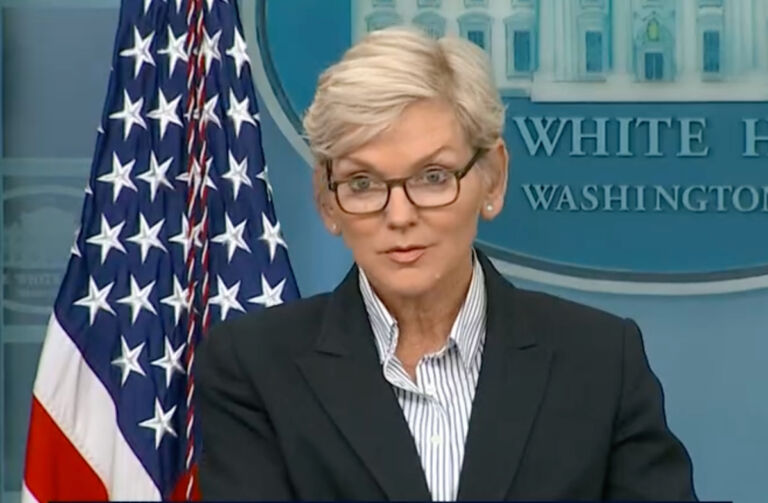A bill before the General Assembly would restore the state’s protection of North Carolina’s top stakeholders in electricity policy: the consumers. As argued at the end of this post, such protection is absolutely vital.
House Bill 529 as filed would make several key changes to protect electricity consumers in NC. Among them:
- It would state that it is the state’s policy to promote the development of “the lowest cost electric power that will promote economic growth,” which would be done “by providing public utilities the choice to promote use any type of energy resource free of State interference or control.” This policy would strengthen the state’s standards toward electric provision being least-cost, reliable electricity at the flip of the switch, which continues to be the top issue facing electric consumers in NC.
- It would declare that the resources necessary to meet future growth and needs should be available at “reasonable cost.”
- It would eliminate the Renewable Energy and Energy Efficiency Portfolio Standards (REPS), which have become moot for 95 percent of the state under Duke Energy and Duke Energy Progress but not for customers of municipal utilities and electricity membership corporations (EMCs). After REPS was enacted, NC’s electricity rates began growing faster than rates in the region as well as the nation. No other Southeastern state mandated a REPS law.
- It would forbid electric public utilities from charging a rate higher than what the utility would have charged “based on the lowest cost electric generation available” to the utility at the time.
- It would have the annual report from the NC Utilities Commission to the governor, legislature, and other policymakers to include a report on “the cost impact on the production and transmission of electricity for electric power suppliers and their retail customers resulting from the use of renewable resources.”
- It would stipulate that Demand-Side Management (DSM) actions by the utility must include “customer approval” and no longer consider DSM options part of “reliable utility service” — which makes sense because throttling back customer’s access to electricity, especially if it were against their need for electricity at any specific time, would not meet anyone’s definition of reliable service.
- It would require the Environmental Management Commission to adopt rules (formerly the EMC “may” adopt) determining the Best Available Control Technology (BACT) to limit the emissions of air pollutants from a facility but stipulate that carbon dioxide shall not be considered an air pollutant given that carbon dioxide is “a naturally occurring atmospheric gas that is necessary to the health of plant life and enables the production of oxygen by plant life, which is necessary to sustain animal life.”
- It would no longer allow electric utilities to charge customers for conducting research into developing renewable energy, energy efficiency, or improved air quality, which of course is outside the customer’s use of their service.
The vital importance of protecting NC electricity consumers
As long as NC ratepayers have no choice in who sells them electricity, the state absolutely must protect them from unnecessary costs and spotty service. Least-cost, reliable service at the flip of the switch must be the legal standard. It would be unjust to force captive ratepayers to pay any more than absolutely necessary.
To stress just how unjust imposing higher electricity costs on people and businesses would be, remember that monopoly electric utilities are providing a basic human need. Research has shown that lower energy prices saves lives, but higher energy prices costs lives.
Energy poverty is a serious issue, which is why state policy should certainly not exacerbate it but seek to protect consumers from it.


